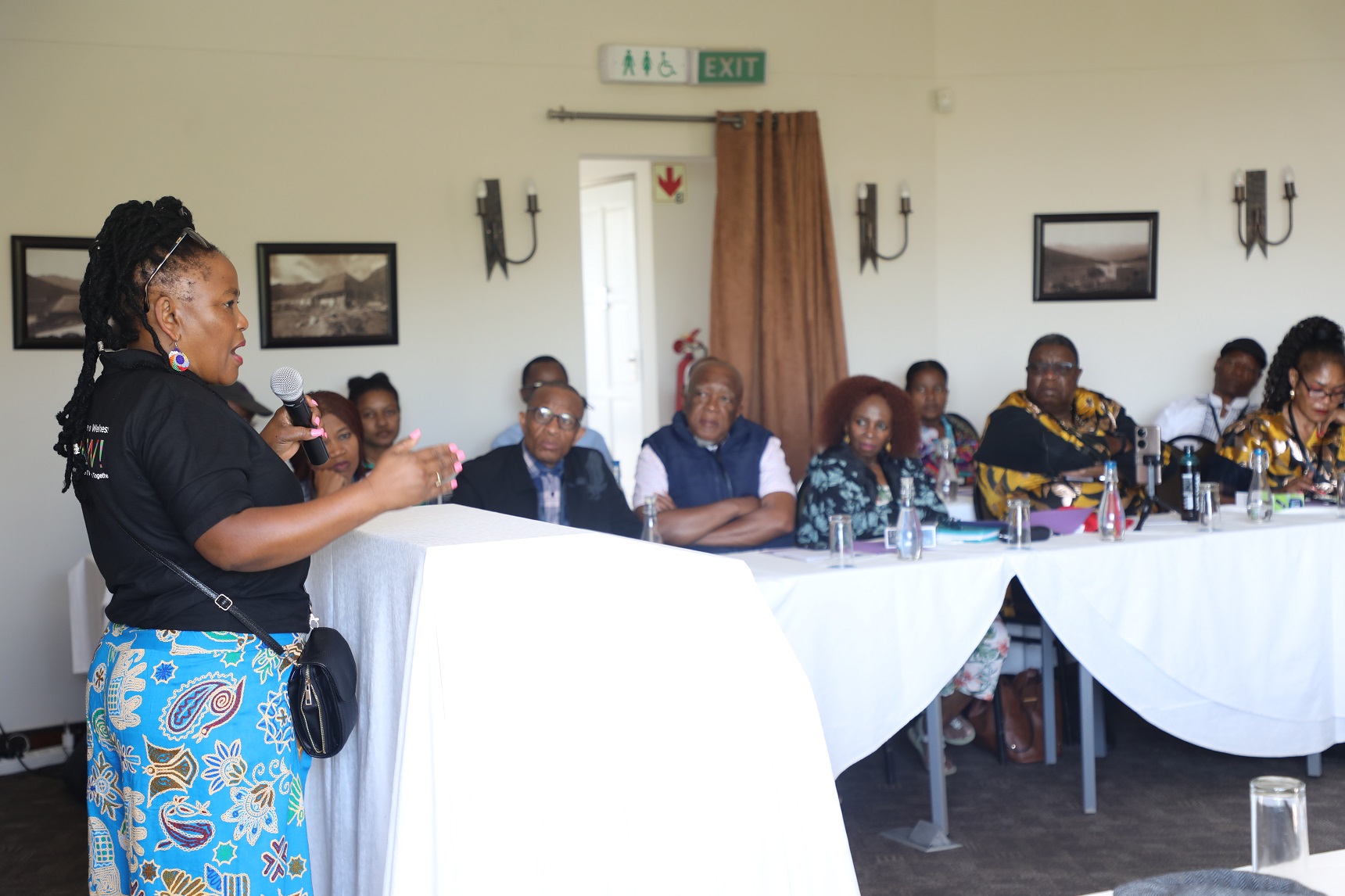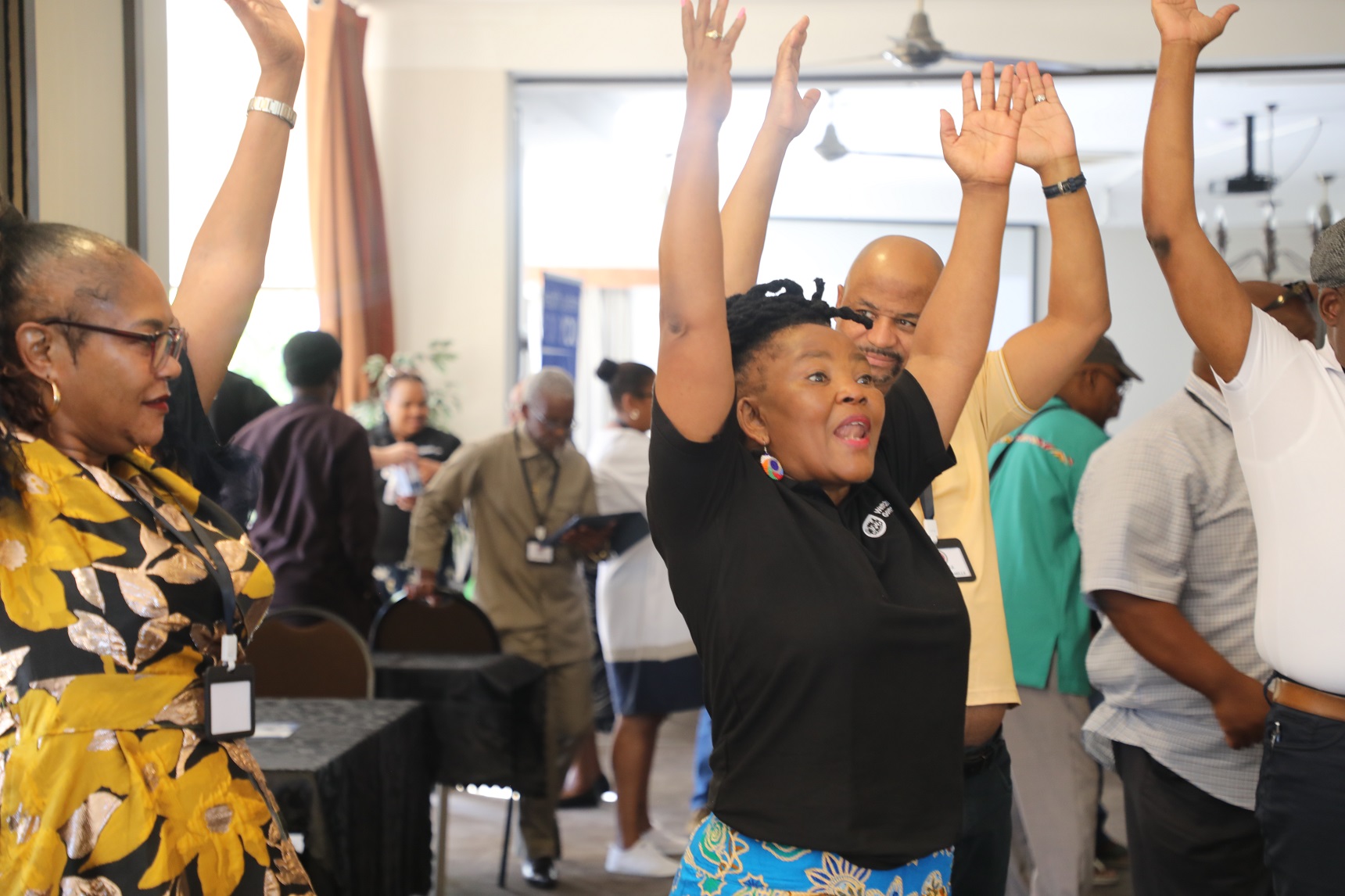
News
Minister Mbombo promotes healthy lifestyle awareness with church leaders
Today, 22 February 2024, Western Cape Minister of Health and Wellness, Professor Nomafrench Mbombo joined church leaders from the National Pastors Indaba Advocacy in Citrusdal to raise awareness about healthy lifestyle choices for overall well-being.
In attendance were approximately 50 pastors who will use the lessons shared during the session with their congregants in their future sermons, further strengthening our efforts during Healthy Lifestyle Awareness Month.
During the session, Minister Mbombo was assisted by Western Cape on Wellness (WoW!) Champions – who are community members with whom the department partners to promote regular physical activity and offers a range of free, public exercise events – and healthcare professionals from KeReady SA who provided screening services on site.
Today’s event formed part of the Department’s push towards a Community Oriented Primary Care (COPC) approach, which focuses on providing comprehensive and continuous care to communities, with an emphasis on preventive medicine and community involvement to address the health needs of a population.
Minister Mbombo began the event by stating that, “prevention is better than cure and we must all take proactive steps to ensure one’s health is protected as much as possible, especially considering that our own behavior accounts for 30% of our own wellbeing. As such, when looking at health holistically, we must account for our physical, mental and social health.”
The following themes were covered by the speakers:
- Mental Health: Mental health is a significant concern in the Western Cape, as it is in many other parts of the world. Factors such as socio-economic disparities, historical injustices, substance abuse, and high levels of violence can contribute to poor mental health outcomes. Conditions like depression, anxiety, and post-traumatic stress disorder (PTSD) are prevalent, particularly among vulnerable populations. As such, if one is unable to maintain one’s own mental health, it is important to seek assistance either medically or through support networks.
- Physical Health: Large portions of the population experience high rates of non-communicable diseases (NCDs) such as diabetes, hypertension, and cardiovascular disease. Lifestyle factors such as poor diet, lack of physical activity, and tobacco and alcohol abuse contribute to the burden of NCDs. This is where a person can make the biggest impact by actively making better choices on a daily basis to improve their long-term health.
- Social Health: Social cohesion and community engagement can have positive effects on health outcomes, which also includes spiritual health and involvement in community organisations that strengthen it. As humans are social beings, it is important to foster relationships and networks in order to create a sense of belonging.
Concluding the event, Minister Mbombo added that, “While it is essential for an individual to make responsible choices when it comes to their lifestyles and intervene early if any aspect of their wellbeing may not be healthy, we need to actively work with our stakeholders to engage our communities too. This is why we have these “hospitals without walls”, where we bring services to the people without them necessarily needing to go to a facility. In doing so, we are improving health outcomes for all.”





